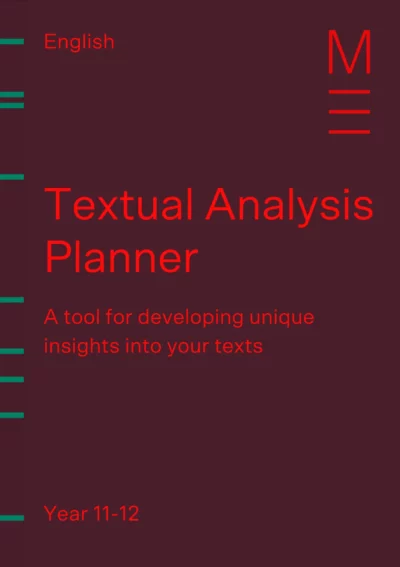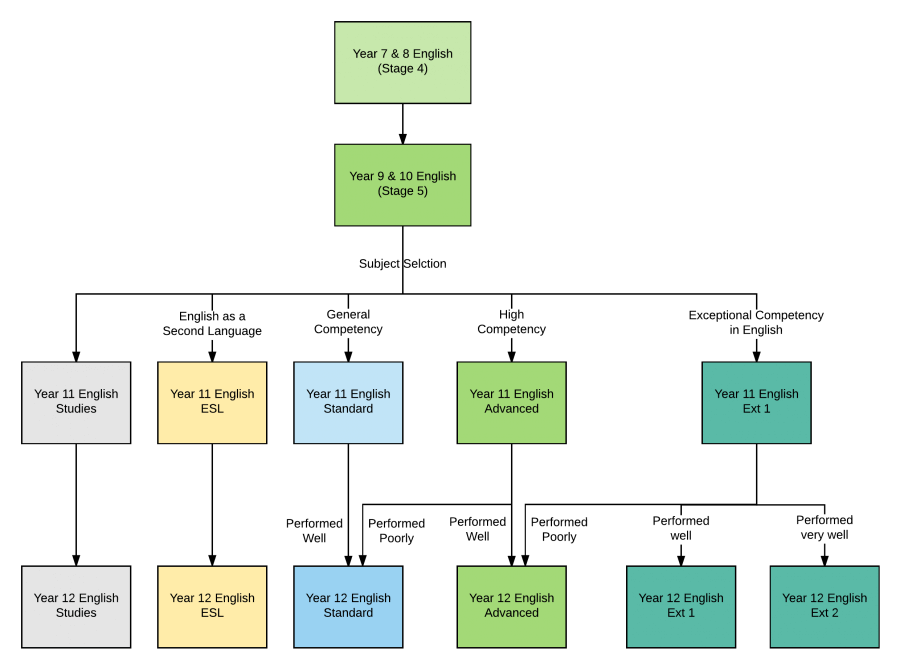Welcome to Matrix Education
To ensure we are showing you the most relevant content, please select your location below.
Select a year to see courses
Learn online or on-campus during the term or school holidays
Learn online or on-campus during the term or school holidays
Learn online or on-campus during the term or school holidays
Learn online or on-campus during the term or school holidays
Learn online or on-campus during the term or school holidays
Learn online or on-campus during the term or school holidays
Learn online or on-campus during the term or school holidays
Get HSC Trial exam ready in just a week
Get HSC exam ready in just a week
Select a year to see available courses
Science guides to help you get ahead
Science guides to help you get ahead
Learn what the differences are between English Advanced, English Standard, and English Studies.

Join 75,893 students who already have a head start.
"*" indicates required fields

Join 8000+ students each term who already have a head start on their school academic journey.
In 2018, Year 11 students began the study of the new Year 11 & 12 (Stage 6) English Syllabus with the first students sitting the HSC in 2019. The 2018 English Syllabus introduces new modules and texts.
In this post, we answer some frequently asked questions from Year 10 students about choosing the right English course for Year 11.
Read on as we compare the different English courses so you can make the right decision.
Analysing texts doesn’t have to be hard

Level up how you analyse texts and take notes with expert strategies and templates!

Fill out your details below to get this resource emailed to you.
"*" indicates required fields
Year 11 English is the first year of Stage 6 English.
Stage 6 English offers three different options – English Advanced, English Standard, and English Studies. More information about Stage 6 can be found on the NSW Education Standards Authority (NESA) website.
Year 11 English Standard and Advanced courses have set modules for study. The modules for the Year 11 curriculum starting in 2018 are:
| Table of HSC English Modules | |||
| Year 11 English Advanced | Year 11 English Standard | Year 11 English Studies | |
Common Module: | Reading to Write | Reading to Write | Non Common Module.Achieving Through English: English in education, work and community |
Module A: | Narratives that Shaped the World | Contemporary Possibilities | Chosen from a group of 14 Electives |
Module B: | Critical Study of Literature | Close Study of Literature | Chosen from a group of 14 Electives |
Universities are increasingly requiring students to have a minimum result in either English Standard or Advanced.
The different levels of English have different requirements for student competency and ability. To help students determine which English course is best for them, we’ve produced a flowchart that illustrates the level of achievement students need to attain for the differing levels.

How students perform in Year 10 English should inform their decisions for the level of Year 11 English they choose to study.
We recommend that students discuss this with their High School English teacher and Year Co-ordinator before making a decision.
What are the specific differences between English Advanced, English Standard, and English Studies? Let’s have a look.
The tables below compare the three different courses in terms of its aims, the complexity of texts, student skills required, study requirements, and benefits.
The different levels of English have different aims and outcomes for students:
| English Studies | English Standard | English Advanced | |
Aims | • English Studies aims to teach a practical understanding of English. | • English Standard is designed to give students competence in analysing and discussing a range of texts. • English Standard is aimed to help students communicate more effectively. | • English Advanced develops students’ mastery of English. • They learn to analyse complex texts and discuss them in detail. |
The complexity of the texts you’ll study varies significantly between the different levels of English:
| English Studies | English Standard | English Advanced | |
Complexity of Texts | Developing reading competency. | Common literary texts. | Complex and challenging texts. |
The different levels of English require additional skills and proficiency with them:
| English Studies | English Standard | English Advanced | |
Students Skills | • Correct English usage • Clear essay structure • Basic literary analysis • Oral communication skills.
| • Correct English usage • Strong essay structure • Aptitude spotting and discussing literary/ dramatic/ poetic/ filmic techniques • Ability to analyse themes in texts • Strong oral communication skills • Understanding of different mediums of production and textual forms.
| • Mastery of English usage • Excellent Essay structure • Excellent ability to analyse and discuss a wide range of literary/ dramatic/ poetic/ filmic techniques in texts. Students can use these to support detailed arguments. • Comprehensive understanding of themes in texts • Knowledge of a range of artistic movements and contextual periods • Detailed knowledge of different mediums of production and textual forms. Students develop the ability to discuss how these are used to produce meaning. • Excellent written and oral communication skills. • Students are able to produce texts in a variety of forms and registers. |
You will need to invest much more time into English Advanced than English Studies:
| English Studies | English Standard | English Advanced | |
Study Requirements | 2-3 hours per week | 4-5 hours per week | 6 hrs + per week |
With all this extra work, there are benefits to be had for studying at the higher level of English:
| English Studies | English Standard | English Advanced | |
Benefits | • Students who complete English Studies will gain confidence in their oral and written communication skills. • Students will develop a basic understanding of how texts develop meaning. • English Studies is a Category B subject. This means it will only attract an ATAR if it is the only 2 unit Category B subject. | • Students will learn to analyse texts. • They will gain an understanding of how composers represent their ideas for various audiences. • Students will be able to communicate effectively in written and oral forms. • Qualifies for an ATAR as a Category A subject. | • Students will gain excellent communication skills. • They will learn how to analyse a wide range of complex texts. • They will be able to discuss challenging ideas clearly and concisely. • Students of English Advanced will be well prepared for the communication demands of tertiary education. • English Advanced scales better than Standard, making it easier to achieve the ATAR you need. • Qualifies for an ATAR as Category A Subjects. |
Most Year 10 students find Year 11 English much more demanding. In Stage 6, there is a significant increase in the level of complexity of the texts and the depth of detail with which they are studied.
In Year 10, students identify techniques and discuss what these techniques do. Whereas in Year 11, students need to identify techniques and discuss how they develop meaning in the text.
You will be presented with similar texts to Stage 5. But in Year 11, you will need to discuss them in far greater depth.
This means student responses will be longer and more detailed in Year 11 and therefore students will have more homework and need to do more study! So, how should students study for English?
| STEP | PROCESS | REASON |
| 1 | Read/ view the set text for the first time | You want to read a text to enjoy it and come to grips with its content before you analyse it. |
| 2 | Read/ view it again | The second time you engage with a text is where you really begin to understand its content and recognise how the composer is conveying their ideas. |
| 3 | Make note of the techniques used | You need to write down what techniques are used in each example. You then want to make notes about how these techniques help the composer represent their ideas and concerns for the audience (YOU!). |
| 4 | Create a table of the themes and useful quotations from the text. | Tabulating information makes it much easier to write essays and other assignments. At Matrix, students are provided with Textual Analysis Templates in their Year 11 English Theorybooks. |
| 5 | Do some research on the text and see how the ideas and perspectives compare to those of others. | You need to demonstrate an aptitude for research, but you must also show independent thought. It is important that students form an opinion of the text before they search out others’ perspectives. You must demonstrate independent thinking and learning skills! |
| 6 | Write a practice essay and get feedback | Writing drafts and getting peer feedback is the best way to improve your English marks. At Matrix, all students get detailed feedback on the school assessment tasks they need assistance with. Matrix English students get workshop time on top of classroom lessons where they can work on assignments one-on-one with a tutor. |
| 7 | Write a new essay incorporating changes that fix the flaws of the first essay | At Matrix, students are provided with comprehensive rubrics and detailed feedback on their work. Matrix rubrics give actionable feedback on the following criteria:
|
In addition, English Advanced is more complex and demanding than English Standard or English Studies.
However, there is a reward for this additional work. There is a greater level of scaling applied to English Advanced. In past years, English Advanced has been scaled significantly higher than English Standard.
Let’s see what scaling is and how it works.
Scaling is the process of converting HSC marks into scaled marks for comparison across different subjects. This conversion, or ‘scaling,’ is required as students undertake different levels of English. Essentially, comparing the marks of students studying different English courses is not accurate in assessing students in comparison to one another.
A different level of scaling is applied to each subject, this reflects different demands of the subject. As a general rule, the “harder” the unit of study, the “better” the scaling it receives.
English Advanced scales better than English Standard.
Please note that students should not be choosing subjects based on scaling. Instead, scaling graphs should be used as the tool for determining your required position/rank in the state for you to obtain your desired ATAR.
For example,
Graph of Scaling Curves for English Subjects
Scaling is a complex idea if you would like to know more you should read All About ATAR Scaling.
We’ve helped thousands of students ace HSC English over the last 19 years.
Start HSC English confidently
Expert teachers, detailed feedback, one-to-one help! Learn from home with Matrix+ Online English courses.
Written by Matrix English Team
The Matrix English Team are tutors and teachers with a passion for English and a dedication to seeing Matrix Students achieving their academic goals.© Matrix Education and www.matrix.edu.au, 2025. Unauthorised use and/or duplication of this material without express and written permission from this site’s author and/or owner is strictly prohibited. Excerpts and links may be used, provided that full and clear credit is given to Matrix Education and www.matrix.edu.au with appropriate and specific direction to the original content.